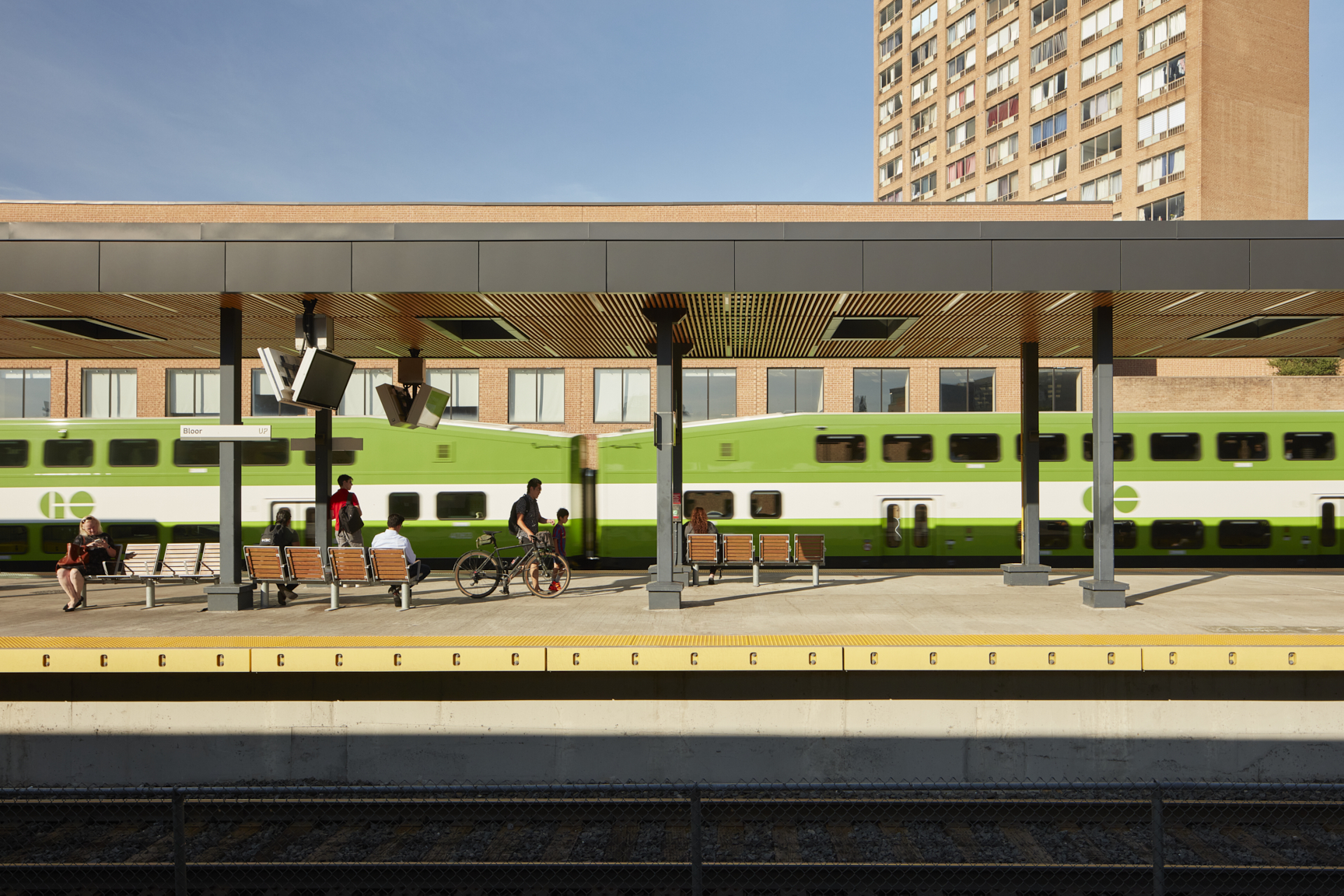rbt
Senior Member
Car drivers still pay for operational costs.
That's arguably true for provincial costs on provincially maintained highways but it's not true for municipal maintained highways or local roads. Snow clearing costs alone are higher than the direct roadways revenues, like fuel tax, municipalities typically receive in Ontario.
Also, provincial highways operations costs ignores indirect municipal costs like police, fire, healthcare though traffic enforcement fines often cover some policing costs.





